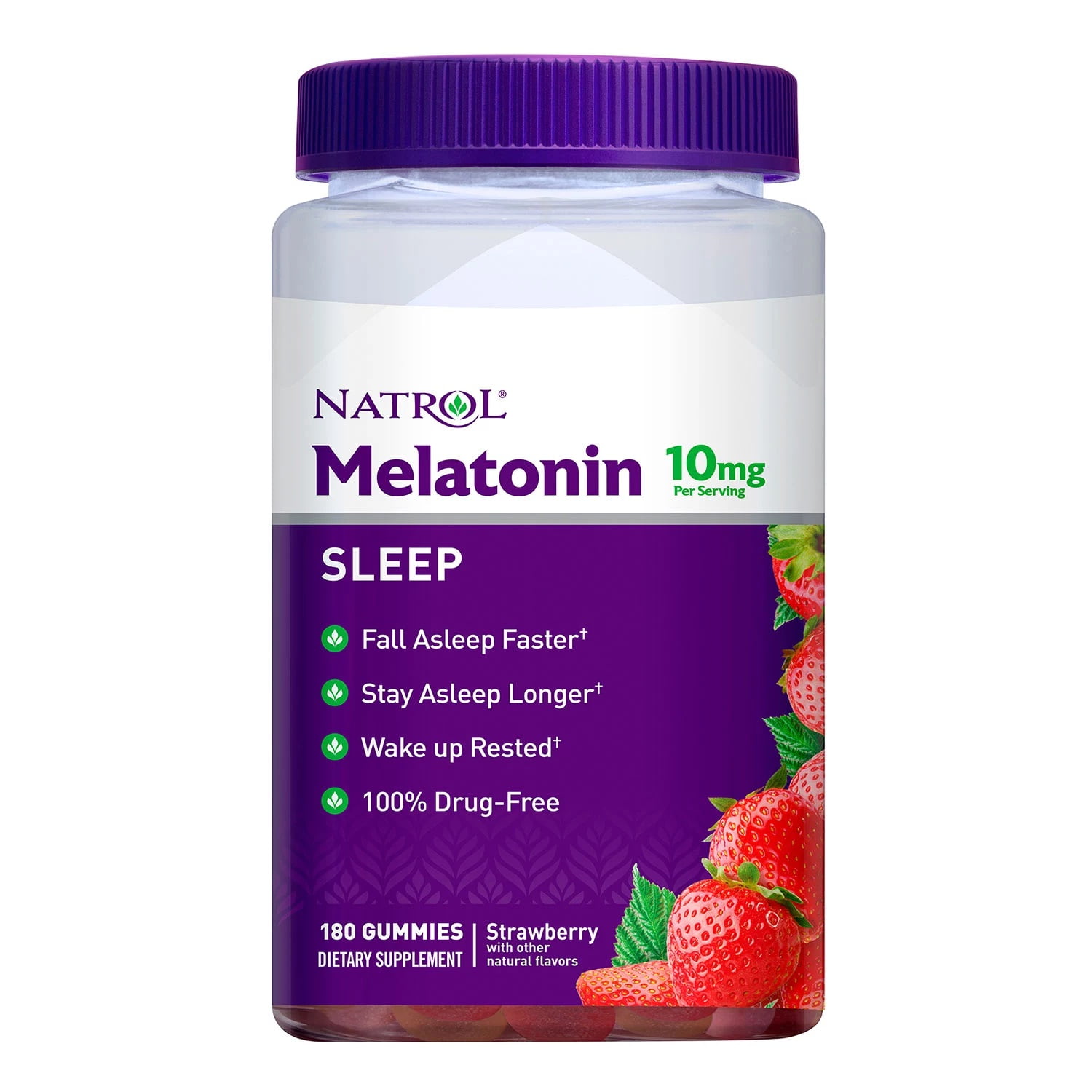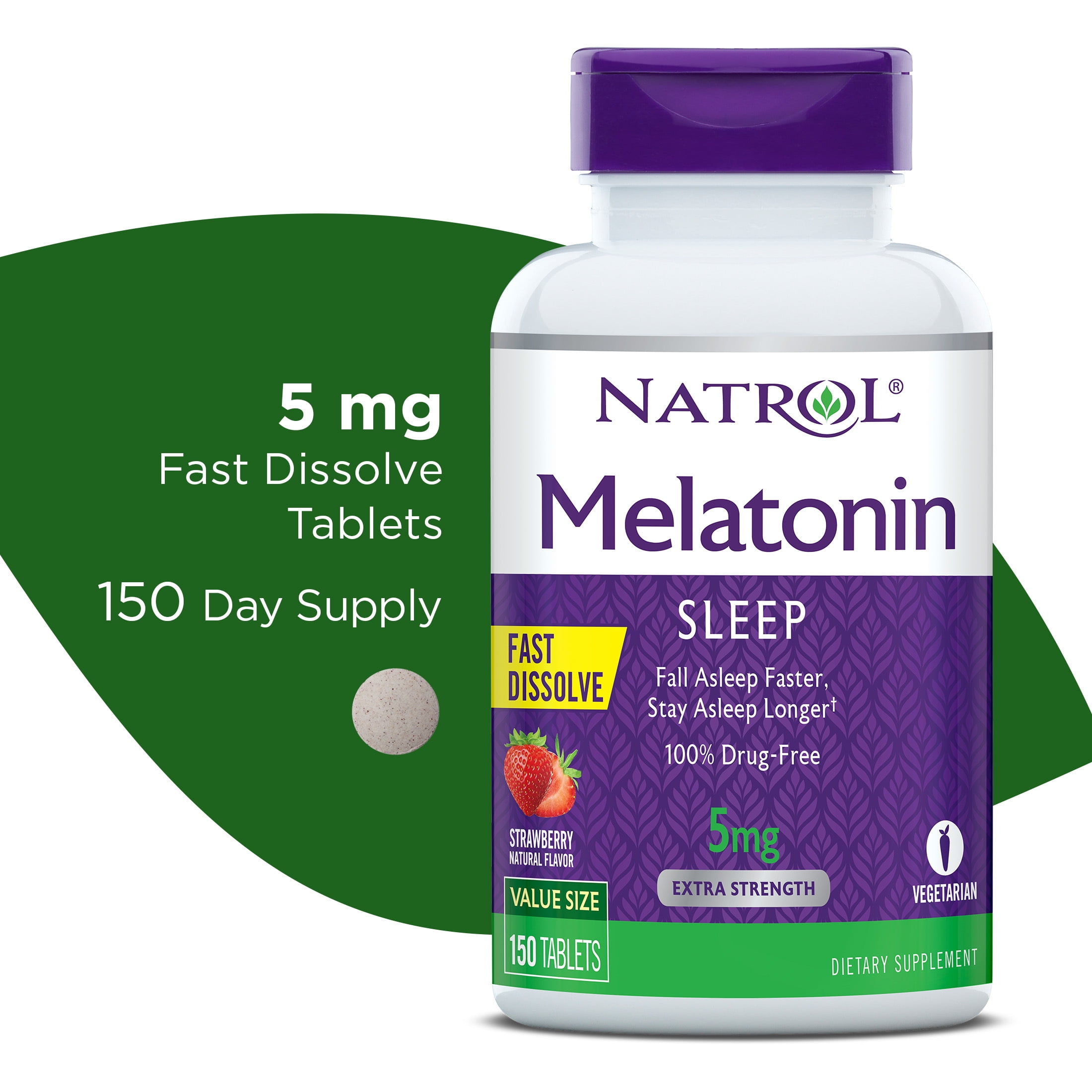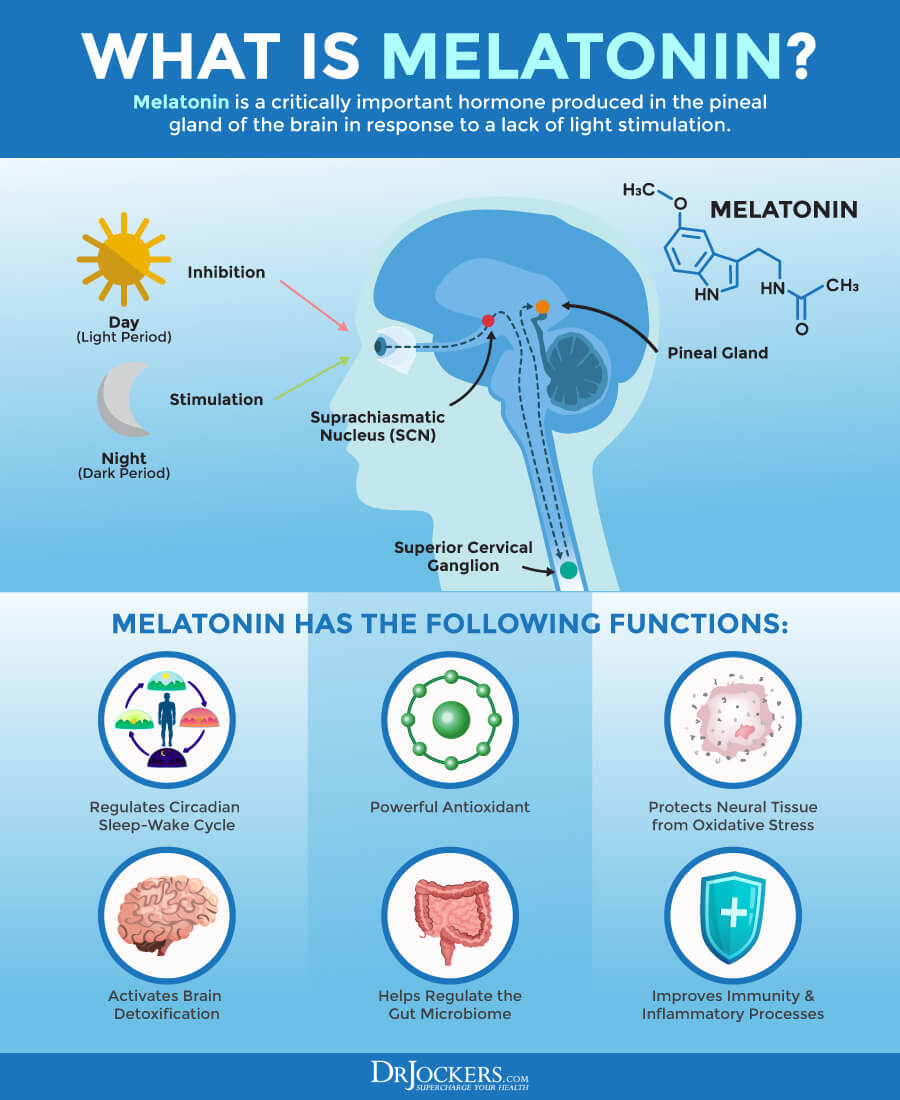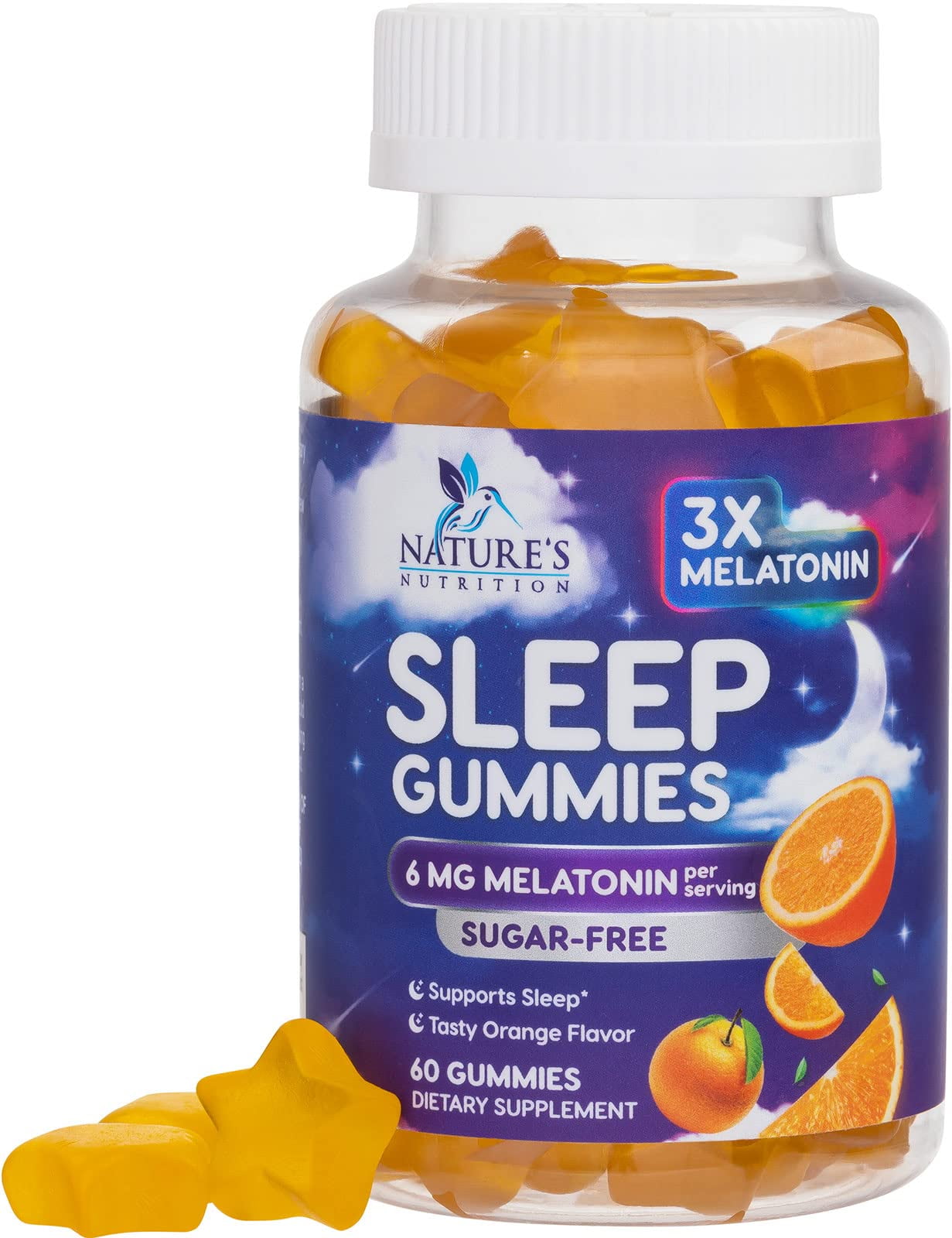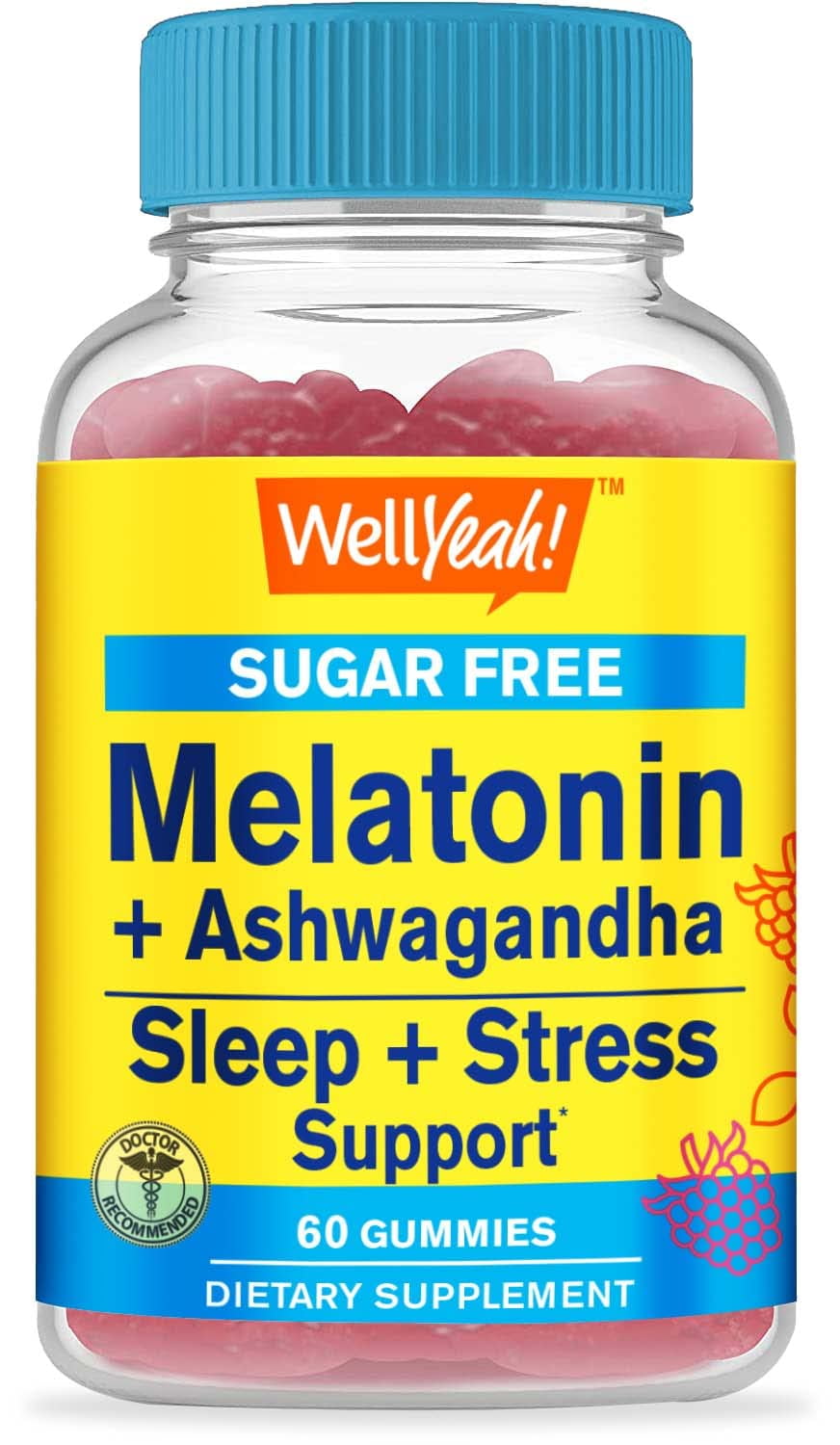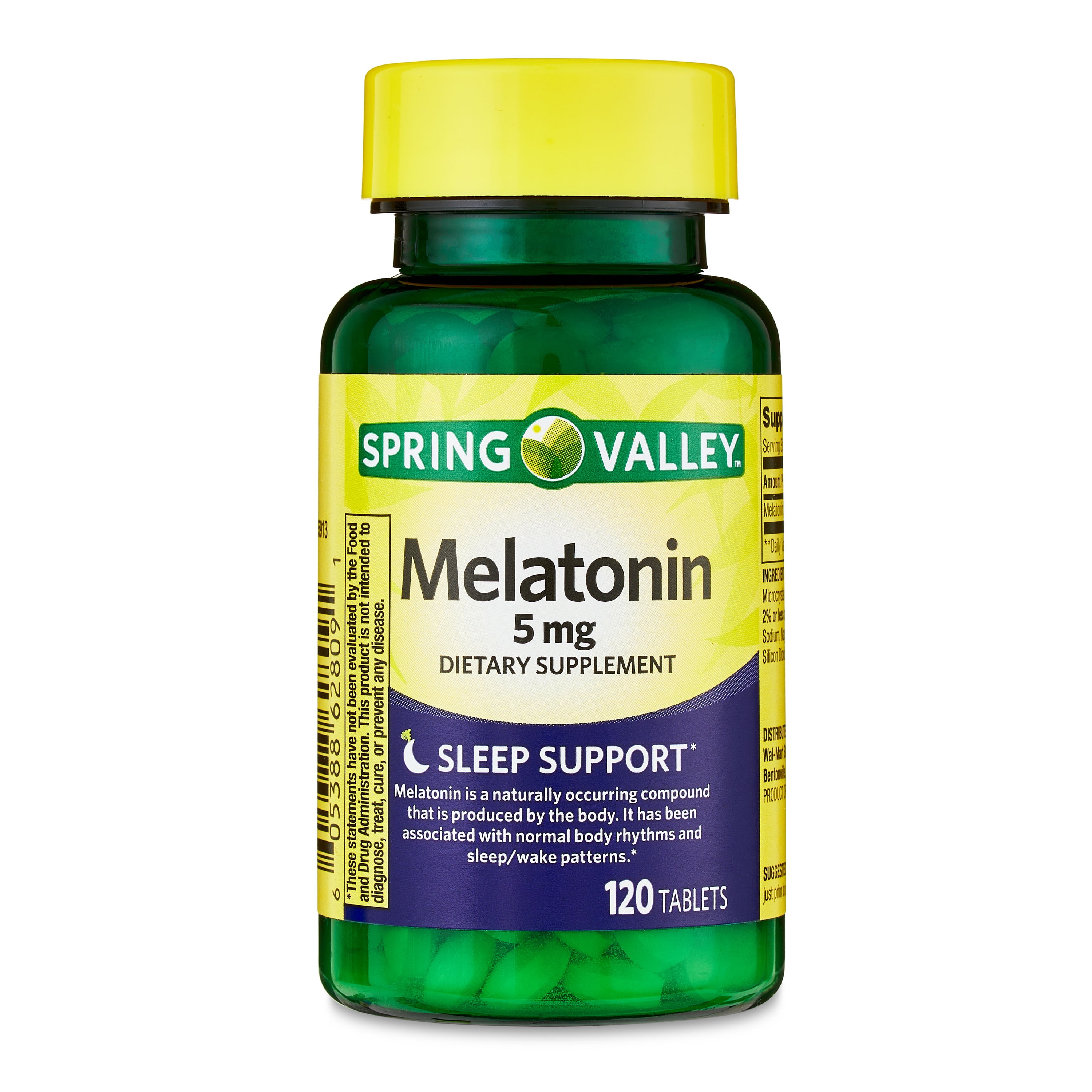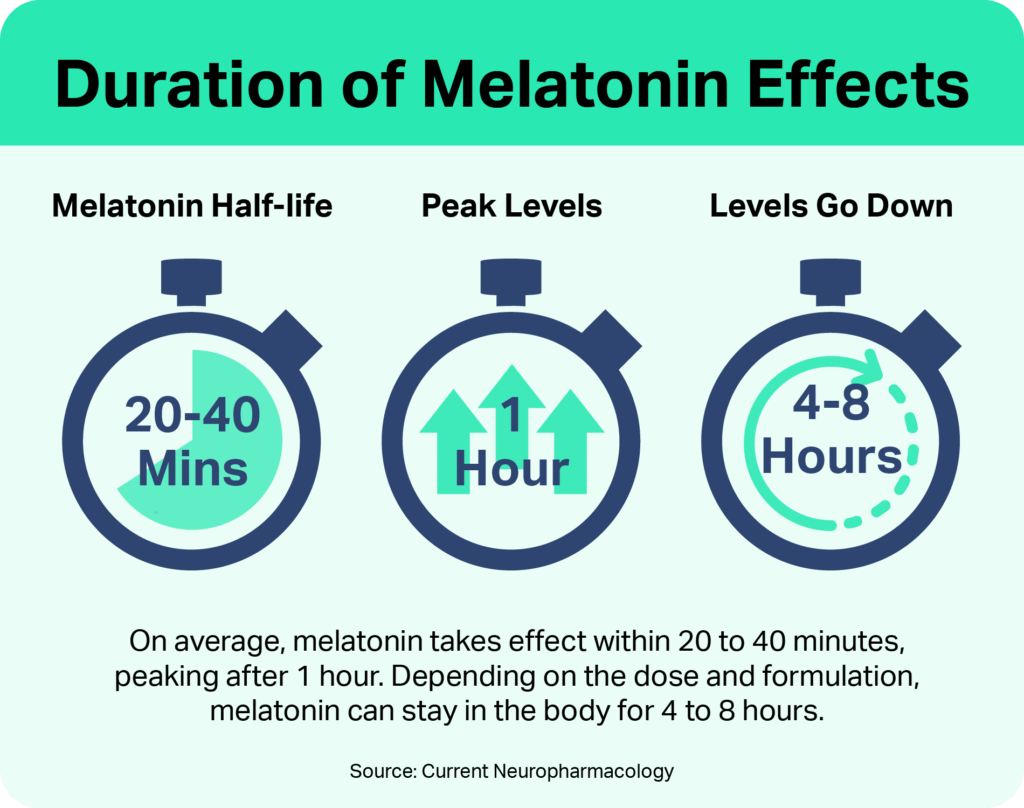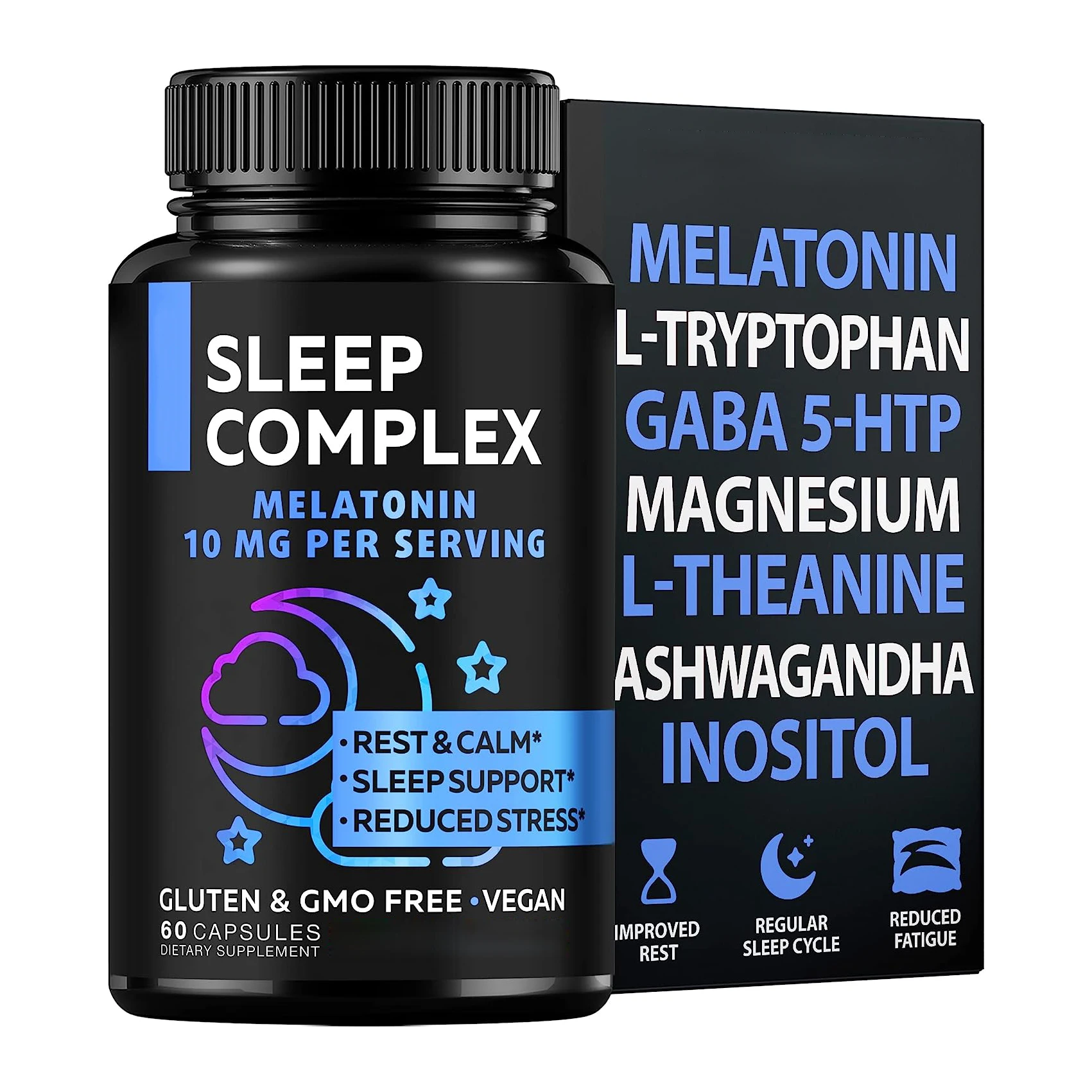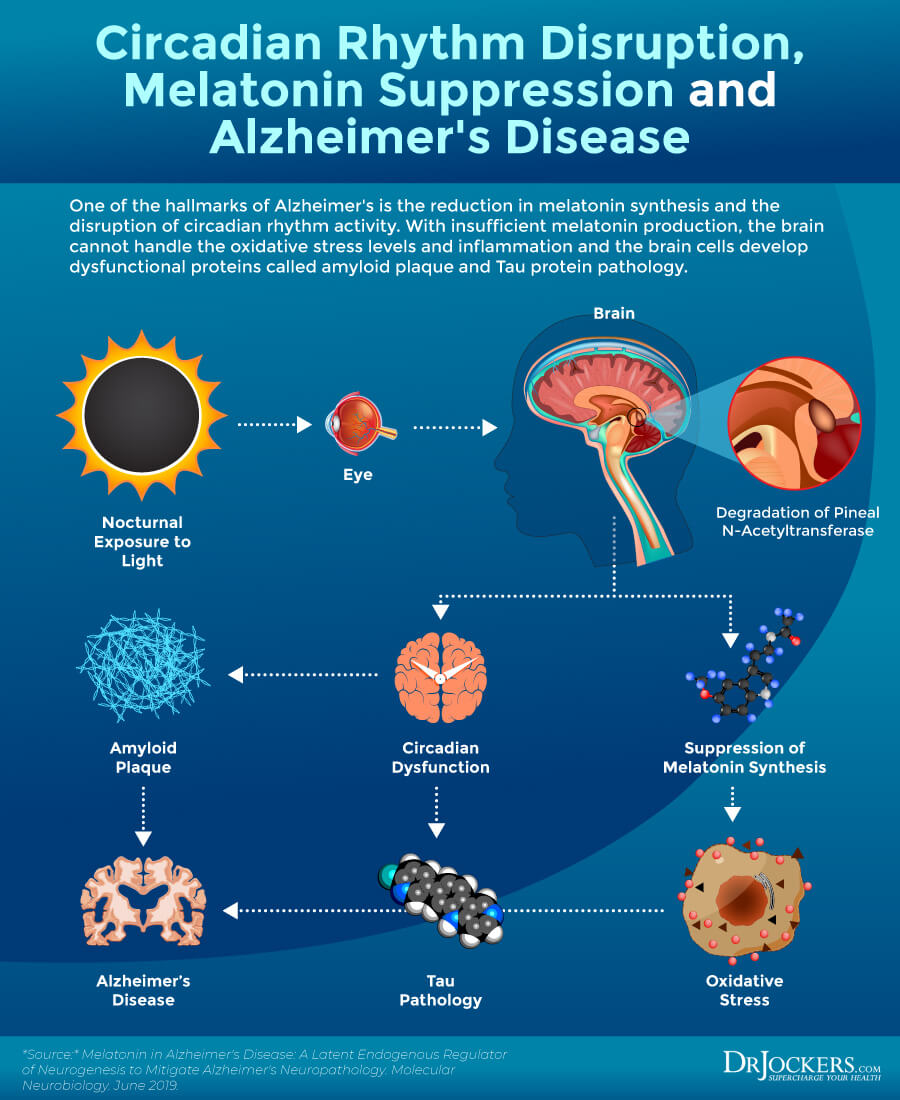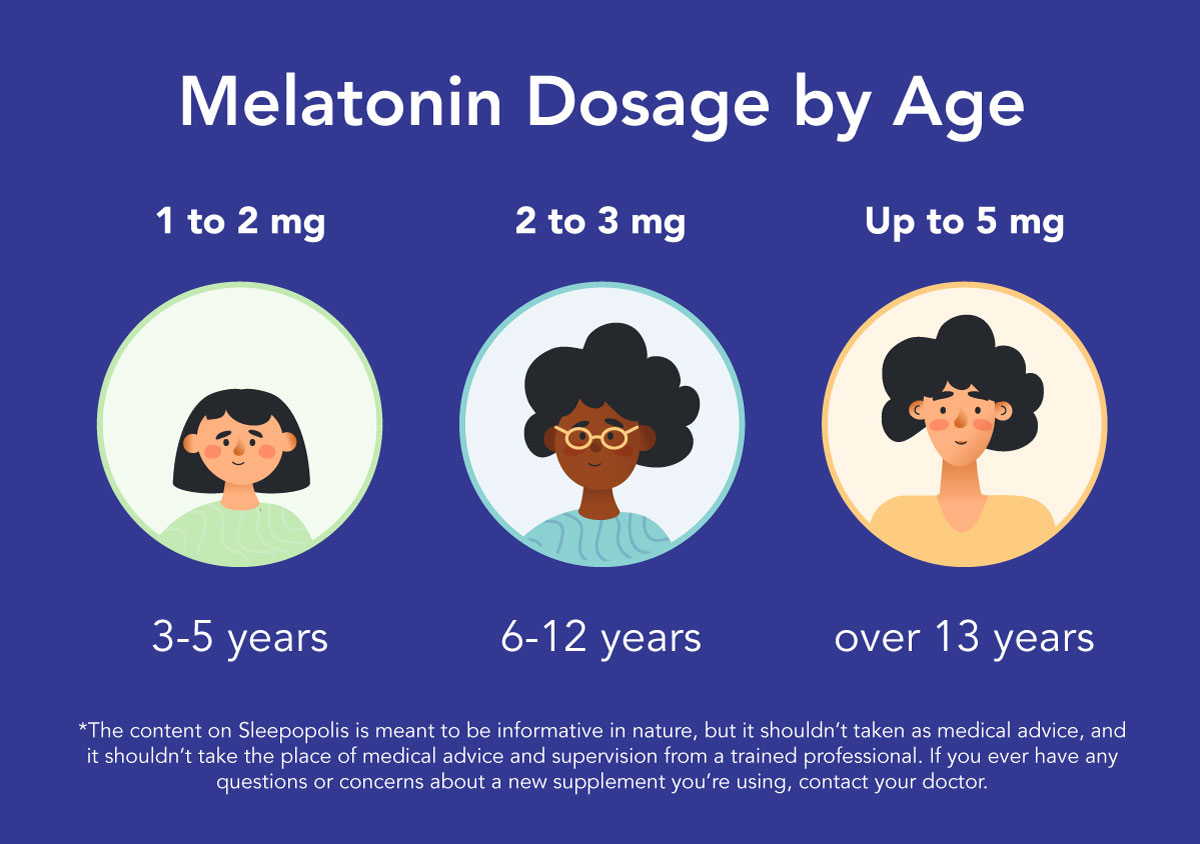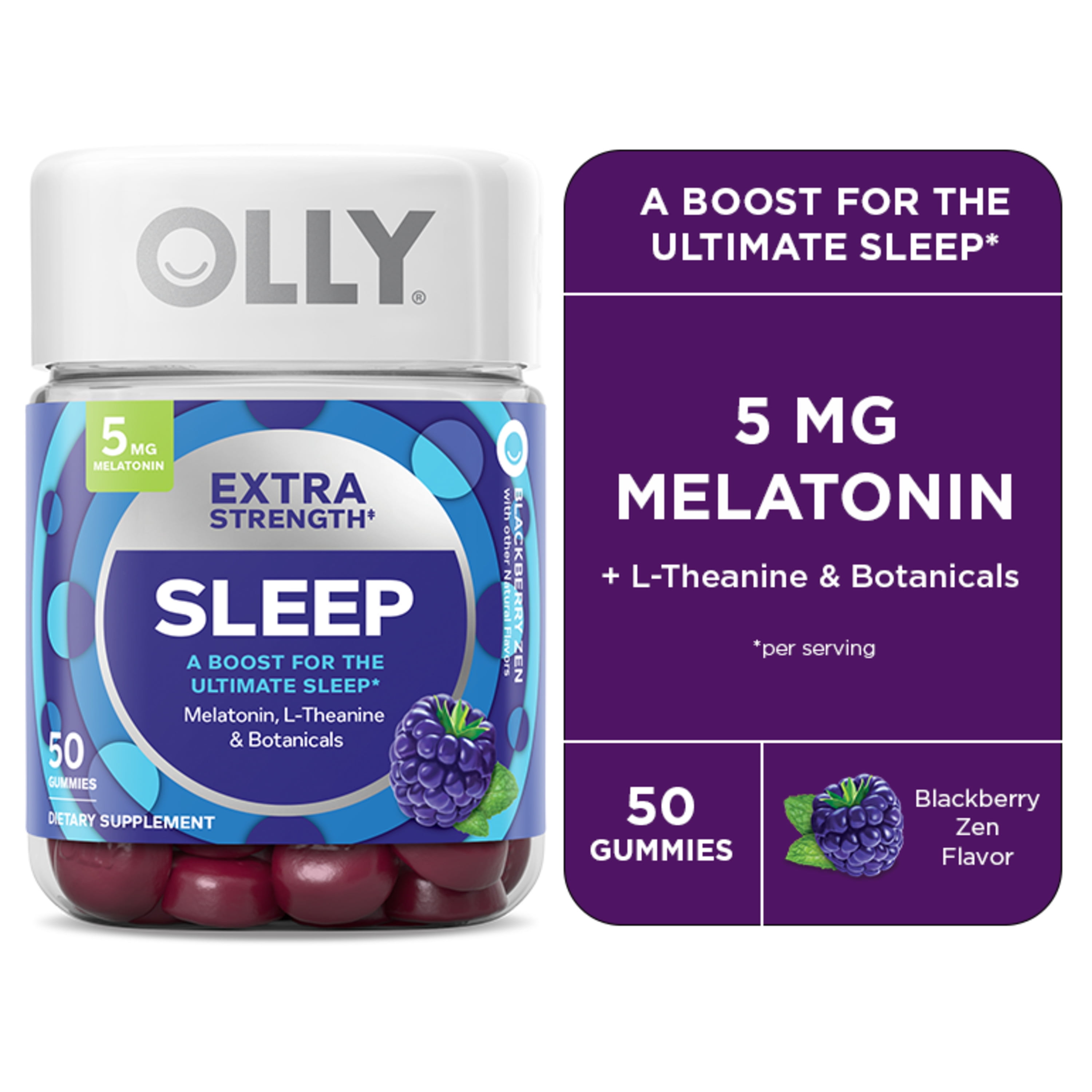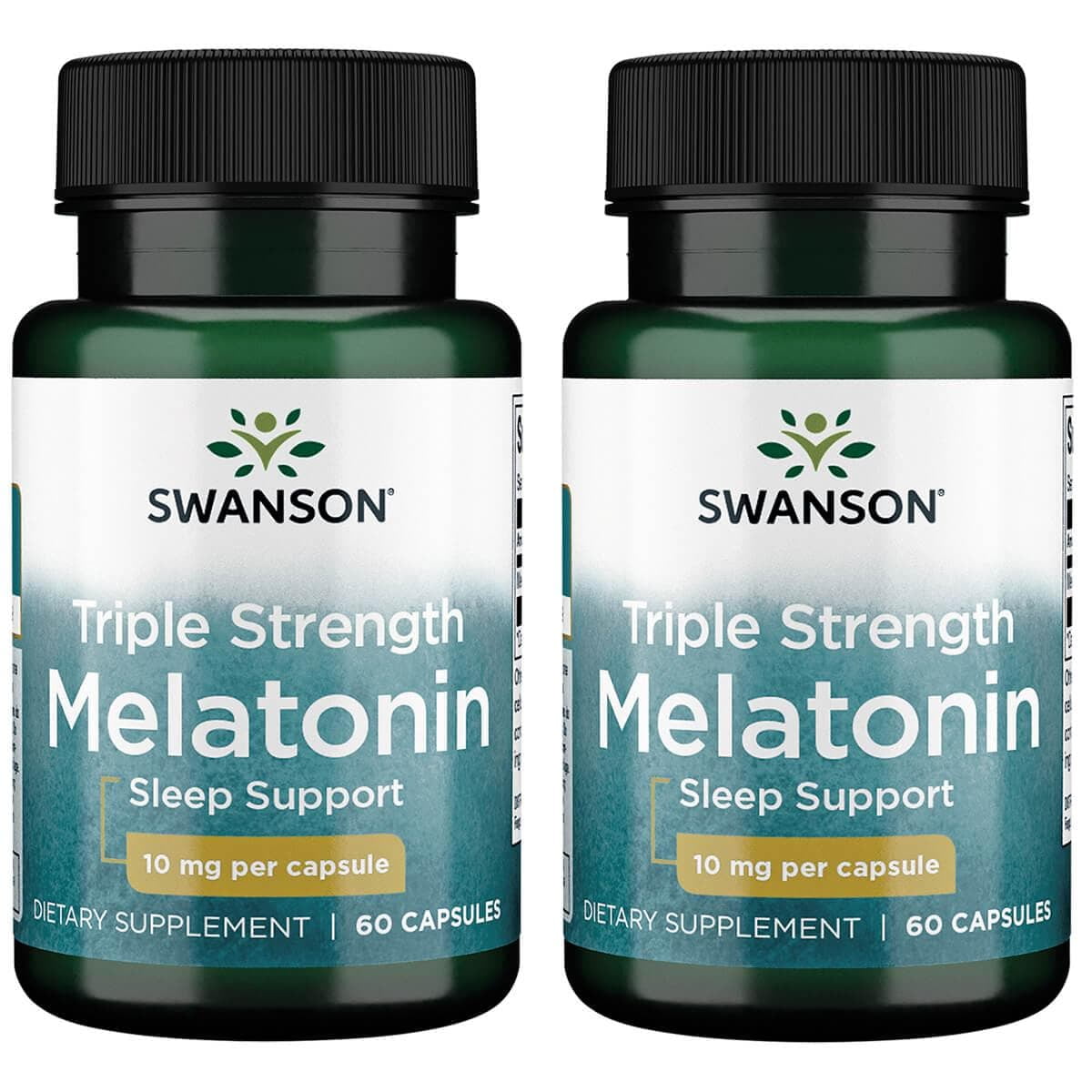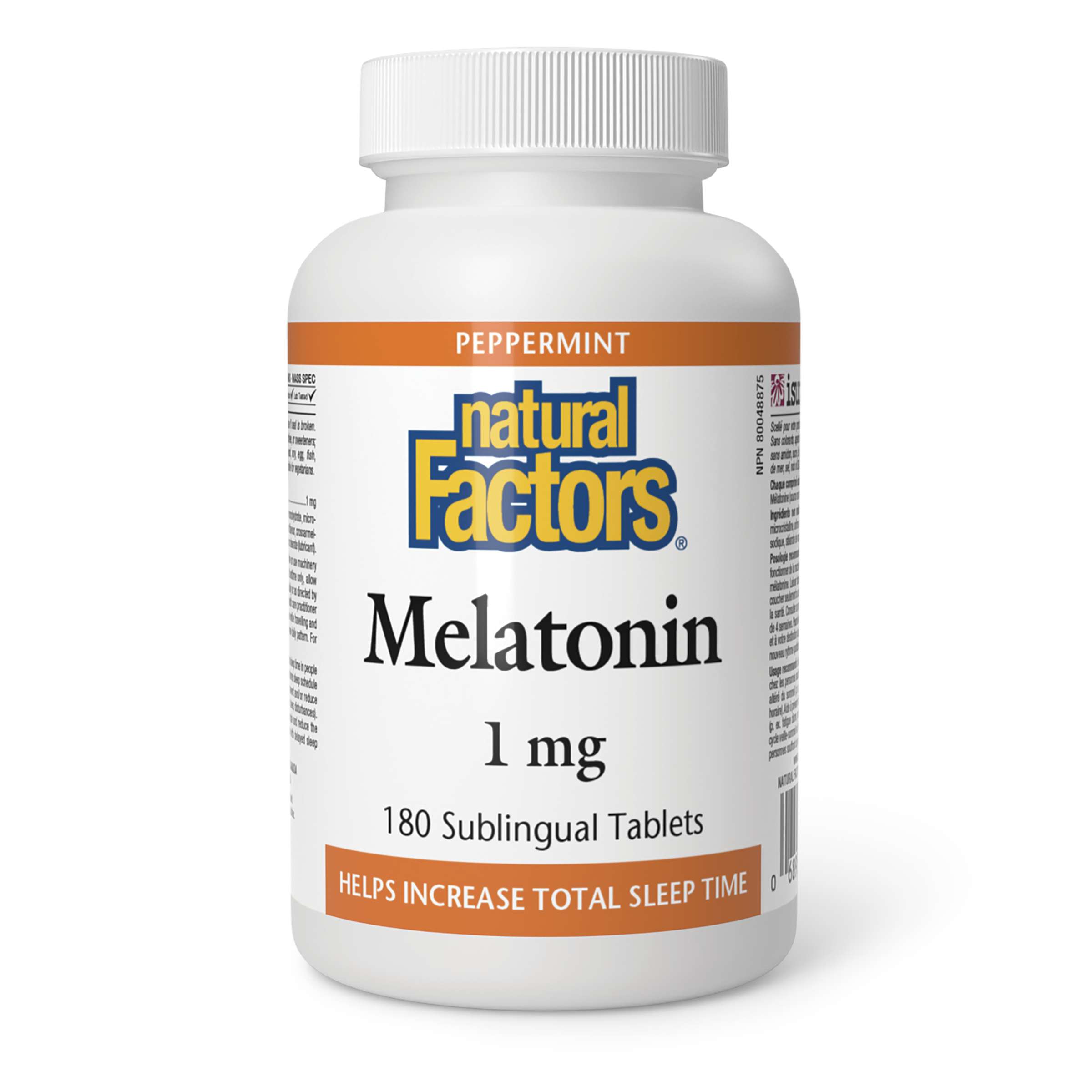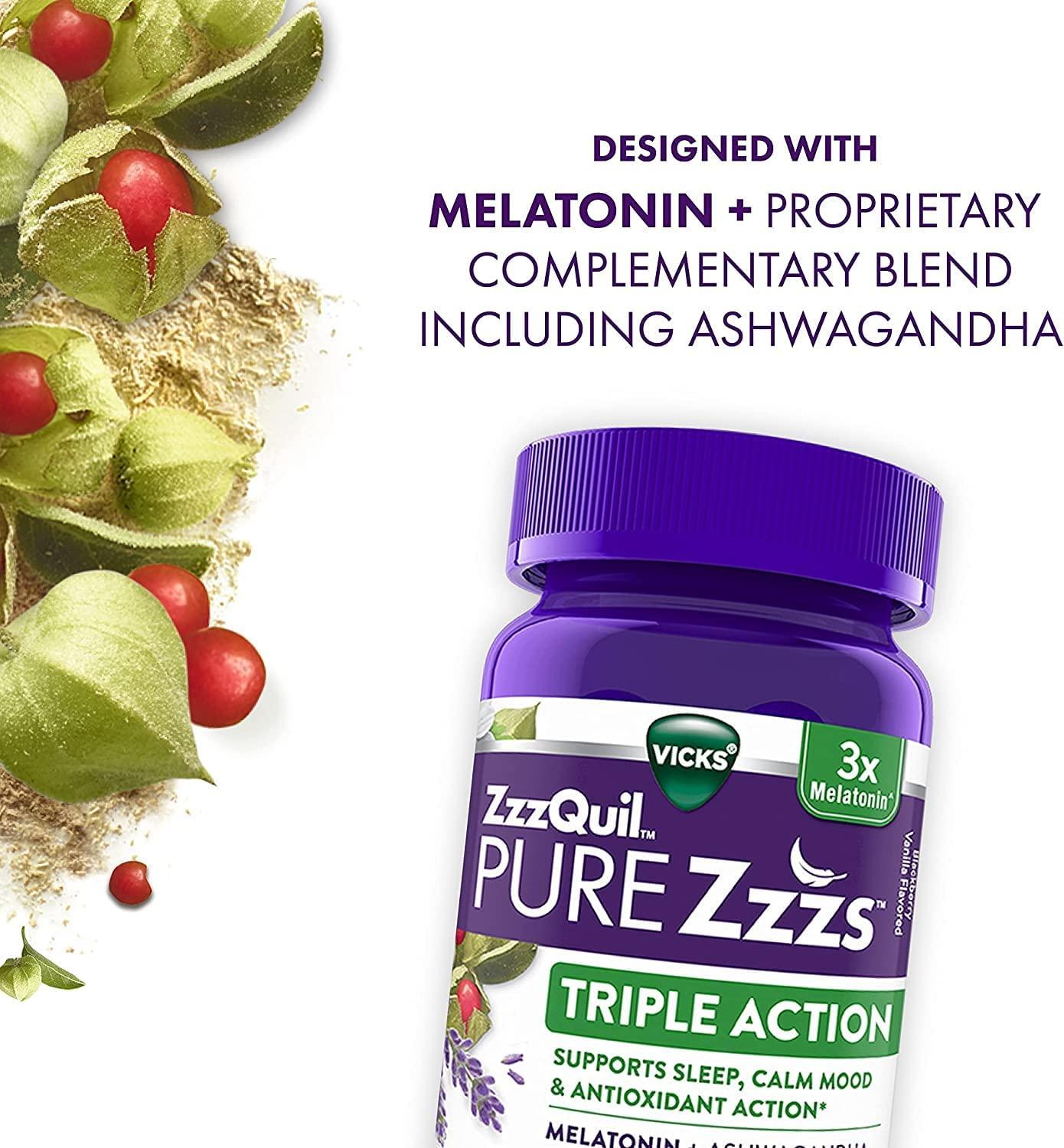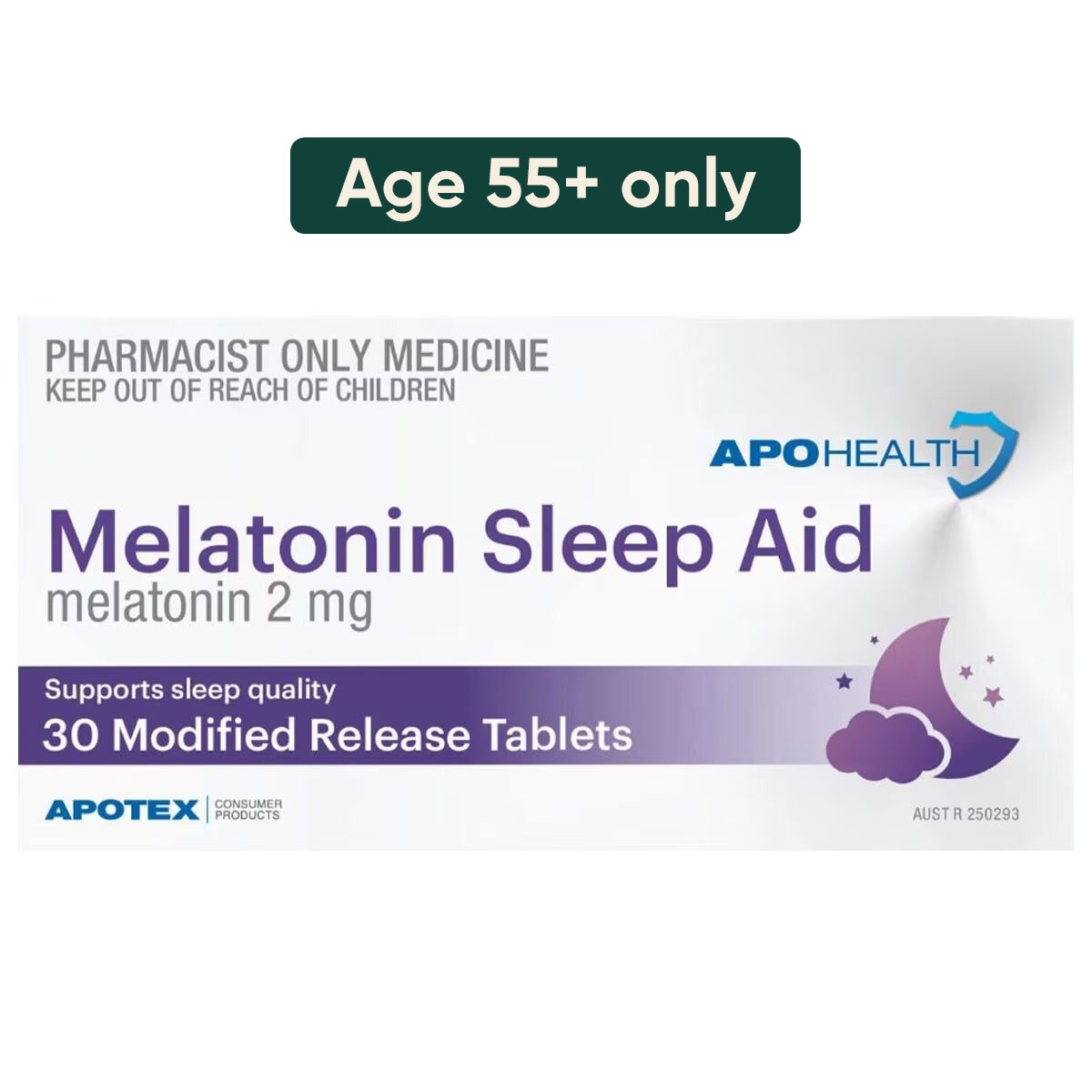Deep Sleep 20 With Melatonin And Ashwagandha
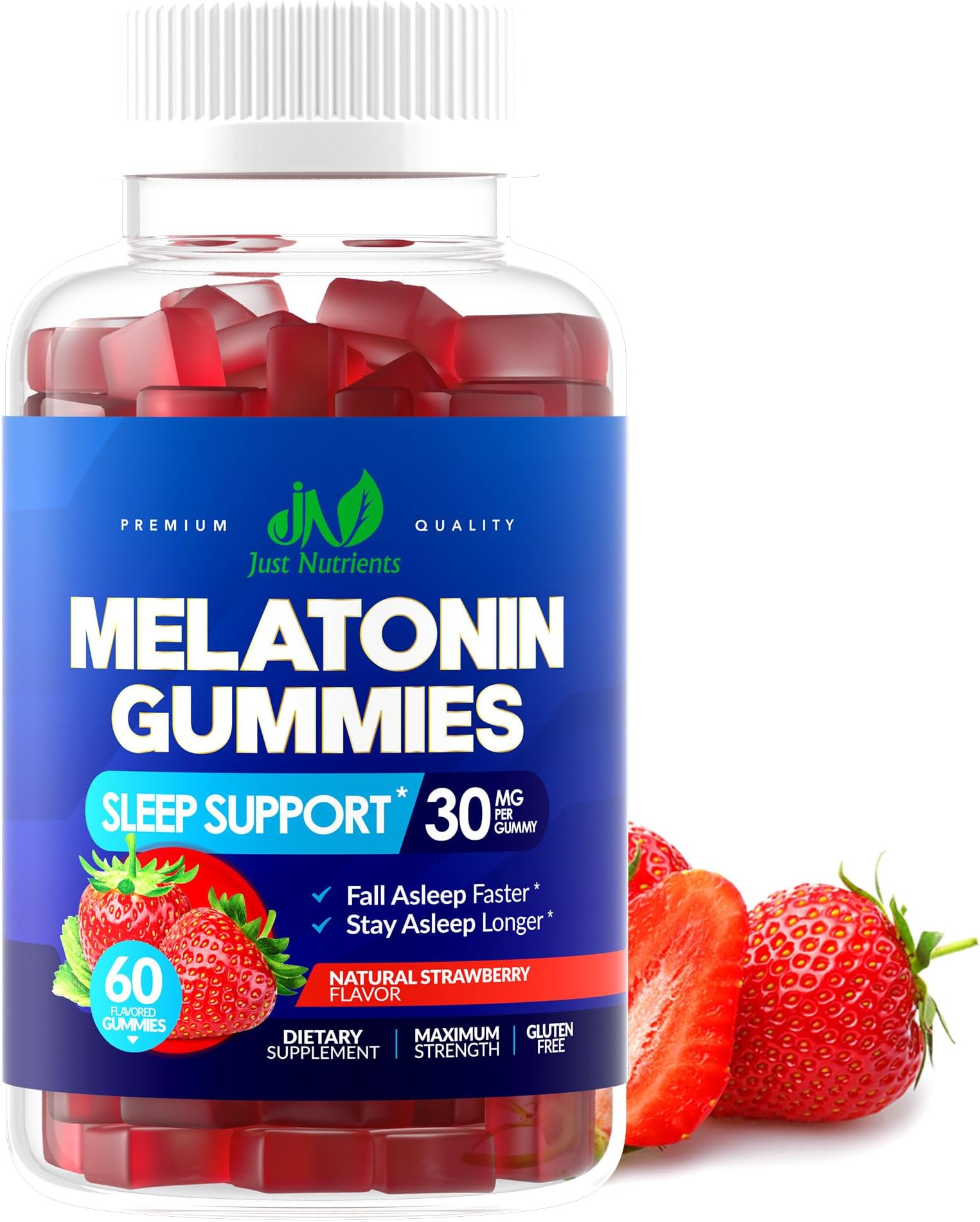
The supplement market continues to expand, with consumers increasingly seeking natural solutions for sleep improvement. Among the newest offerings capturing attention is Deep Sleep 20, a product combining melatonin and ashwagandha, marketed as a sleep aid and stress reducer. The supplement's growing popularity raises questions about its efficacy, safety, and the broader implications of using such combinations for sleep management.
At the heart of the discussion is the combination of melatonin, a hormone regulating sleep-wake cycles, and ashwagandha, an adaptogen traditionally used in Ayurvedic medicine to manage stress. This article will explore the available evidence, expert opinions, and potential concerns surrounding Deep Sleep 20 and similar supplements to provide a balanced understanding for consumers.
What is Deep Sleep 20?
Deep Sleep 20 is marketed as a dietary supplement containing melatonin and ashwagandha. The specific formulation and dosages can vary between brands. Consumers should verify the amount of each ingredient stated on the packaging.
Melatonin is a naturally occurring hormone that regulates the sleep-wake cycle. Its synthetic form is widely used as a sleep aid, particularly for jet lag and insomnia.
Ashwagandha is an herb used in traditional Ayurvedic medicine. It's often promoted for its stress-reducing and adaptogenic properties, intended to help the body cope with stress.
The Science Behind the Ingredients
Research supports melatonin's role in regulating sleep-wake cycles. Studies show its efficacy in reducing the time it takes to fall asleep and improving sleep quality, especially in individuals with delayed sleep phase syndrome or jet lag.
Ashwagandha's effects on sleep are less clearly established. Some studies suggest it may help reduce stress and anxiety, indirectly improving sleep quality. However, more rigorous research is needed to confirm its direct effects on sleep architecture.
The combination of melatonin and ashwagandha aims to address both sleep regulation and stress management, potentially offering a more comprehensive approach to improving sleep quality. However, the synergistic effects of this combination require further investigation.
Potential Benefits and Risks
Proponents of Deep Sleep 20 highlight the potential benefits of combining melatonin and ashwagandha. These include improved sleep onset, reduced stress levels, and enhanced overall sleep quality.
However, potential risks and side effects must be considered. Melatonin can cause drowsiness, headache, dizziness, and nausea in some individuals. Ashwagandha may interact with certain medications and can cause digestive upset or, in rare cases, liver problems.
Individuals with pre-existing medical conditions or those taking medications should consult their healthcare provider before using Deep Sleep 20 or any similar supplement.
Expert Opinions and Guidelines
Healthcare professionals generally recommend starting with the lowest effective dose of melatonin. This is to minimize the risk of side effects. They also suggest using it intermittently rather than continuously.
Registered Dietitian Dr. Emily Carter emphasizes, "While natural supplements can offer some benefits, they should not be considered a replacement for healthy sleep hygiene practices. Establishing a regular sleep schedule, creating a relaxing bedtime routine, and optimizing the sleep environment are crucial for good sleep."
The FDA regulates dietary supplements differently than prescription drugs. Supplements do not require pre-market approval, meaning that their safety and efficacy are not always thoroughly evaluated before they reach the market. This makes consumer awareness of supplement risks even more critical.
A Closer Look at Consumer Experiences
Many consumers report positive experiences with Deep Sleep 20 and similar products. They cite improvements in sleep onset and overall sleep quality.
However, experiences vary, and some individuals report no noticeable effects or experience side effects. Some reviewers suggest that Deep Sleep 20 works better for those with stress-related sleep issues than for those with chronic insomnia.
It's important for consumers to research products and ingredients thoroughly. They need to also understand that supplement responses are highly individual.
The Broader Implications
The growing popularity of sleep supplements like Deep Sleep 20 reflects a broader societal trend toward self-treatment for sleep problems. While these products can offer short-term relief, they may not address underlying causes of insomnia.
The increasing reliance on supplements also raises concerns about potential over-medication and the long-term effects of using these products. There needs to be an emphasis on holistic approaches to sleep health. This includes addressing lifestyle factors and mental health conditions.
A Call to Action
Consumers considering Deep Sleep 20 or any sleep supplement should do so with caution and awareness. Consult a healthcare professional. Discuss potential benefits and risks.
Prioritize healthy sleep habits. Practice stress-reduction techniques and consider therapy if necessary.
Sleep is a fundamental aspect of health and well-being. Addressing sleep problems requires a multifaceted approach. It includes lifestyle modifications, professional guidance, and informed decision-making.

